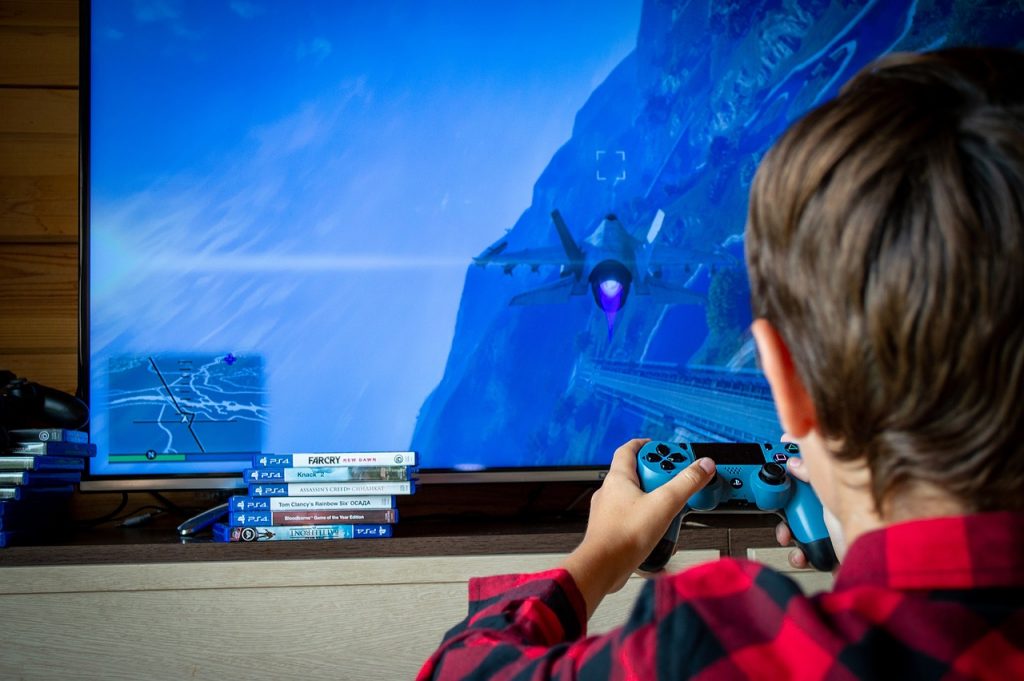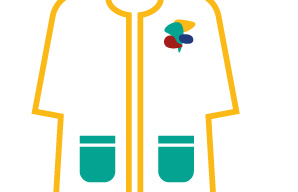The positive impact of video games on mental health challenges old myths
Covid-19, General, Informática, medicina, Leisure
beneficios, niños, Nintendo Switch, Playstation 5, salud mental, videojuegos
2 October 2024
A recent study led by Dr. Hiroyuki Egami, a behavioral scientist at Nihon University (Tokyo), has revealed that video games can have positive effects on mental health, reducing distress and improving life satisfaction. Published in Nature Human Behavior, this work differs from previous research by using a natural experimental design that allows establishing a clear causal relationship between playing video games and improving psychological well-being.
The study, carried out during the COVID-19 pandemic, took advantage of the shortage of video game consoles to analyze data from lottery draws for consoles such as the Nintendo Switch and the PlayStation 5. This strategy allowed us to observe the effects on people who, by winning or not winning a console, they played more or less frequently.
“Our findings challenge the stereotypical view of video games as merely addictive or harmful,” stated Dr. Egami. “This study shows that video games, far from being harmful, can promote mental well-being, especially if aspects such as the type of console or the genre of the games are considered.” In accordance with this idea, Egami adds that currently “there is a huge gap between scientific evidence and public perception.” The overall impression of video games remains negative compared to what recent research suggests. “It is essential to close this gap and create a more balanced and accurate vision of the impacts of games on society,” he points out.
This research also highlights that the benefits vary by console. For example, the Nintendo Switch was found to provide greater psychological benefits to children compared to the PlayStation 5, showing that not all video games have the same impact. These results suggest that policies and debates about the impact of video games should consider the diversity of platforms and types of games before drawing generalized conclusions.
The study offers robust evidence for international organizations such as the WHO and UNICEF to reconsider recommendations on the use of video games. Likewise, this advance opens the door for future research to explore how to personalize the gaming experience and thus maximize its psychological benefits.








